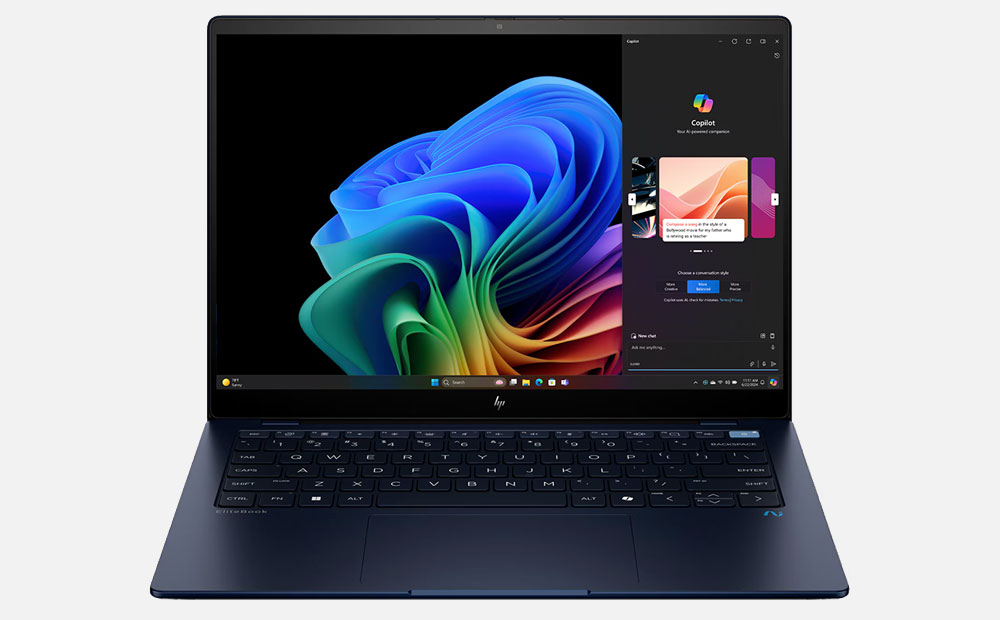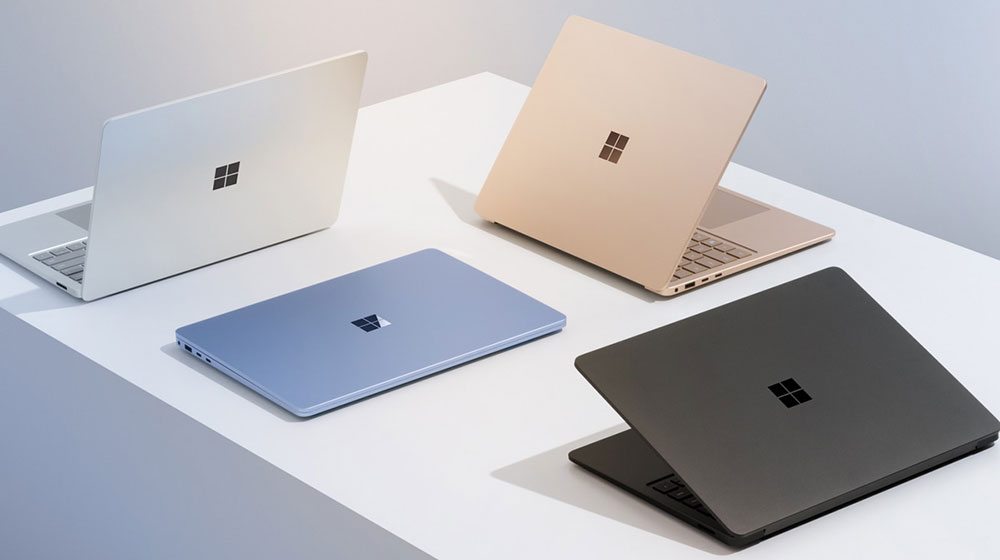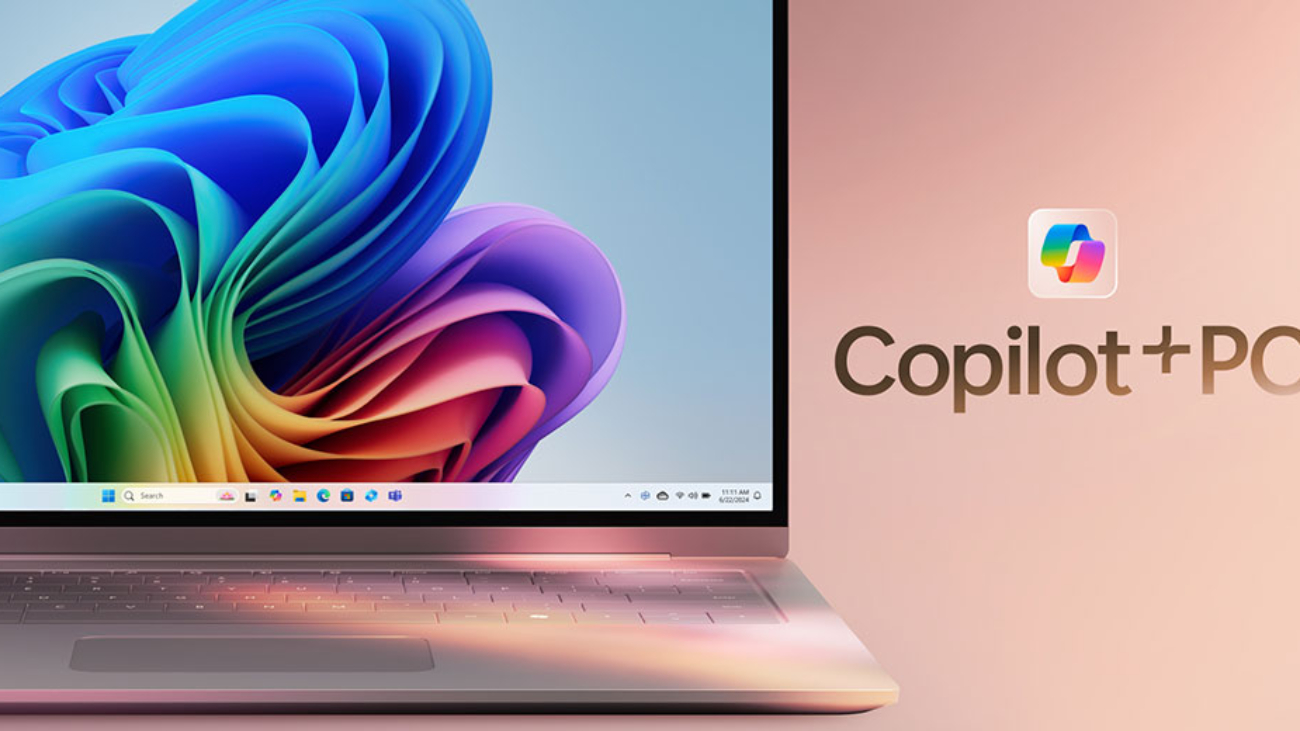I’ve received the first two Copilot+ PCs for review, and both have made a strong impression. One is the sleek HP EliteBook Ultra 14, and the other is the Microsoft Surface Laptop, 7th Edition—both of which have just started shipping.
While these laptops are nearly identical in size and weight, their target audiences differ. The HP EliteBook is designed with enterprise users in mind, offering features like Wolf Security, which appeals to this group. Meanwhile, the Microsoft Surface Laptop caters to those who would typically choose Apple.
In terms of performance, these laptops outperform their Apple counterparts. However, neither HP nor Microsoft has managed to replicate the level of smartphone integration and familiarity that Apple users have come to expect and appreciate.
While both HP and Microsoft have the capability to build superior hardware compared to Apple, neither has fully embraced the opportunity to create a more integrated solution, making direct Apple comparisons somewhat irrelevant.
Let’s dive into the details of these Copilot+ PCs this week, and I’ll wrap up with my Product of the Week—the best new electric car currently available.
HP EliteBook Ultra 14
The HP EliteBook Ultra 14 is truly a sight to behold. It comes in Dragonfly Blue, my favorite color for a laptop—though I’d be even happier if they offered a purple version. HP once created my all-time favorite notebook, the Qualcomm-powered Folio, which would have been an ideal configuration for one of these new Copilot+ PCs. Luckily, my second favorite laptop was the old Dragonfly, which shares the same color as this EliteBook.

With 28 hours of video playback and a weight just under three pounds, this notebook is truly impressive. It features 16GB of memory, a 512GB SSD, a solid display with 300 nits of brightness (suitable for indoor use), and a price tag just under $1,700.
The standout feature is the latest Wolf Security anti-malware software, which leverages AI to more effectively detect and mitigate threats. This cutting-edge solution is currently unmatched in the market. Given the ongoing cyberattacks from hostile nation-states like Russia, China, and North Korea, which target large companies with valuable data and privileges, this level of security is crucial for any business-oriented laptop.
The EliteBook Ultra is equipped with two USB-C ports, one USB-A port, and a headphone jack. The power supply is a compact USB-C unit that draws from one of the USB-C ports while in use. Additionally, this laptop supports the Wi-Fi 6E standard for enhanced connectivity.
Microsoft Surface Laptop, 7th Edition
The Microsoft Surface Laptop, 7th Edition is another attractive option. It comes in four colors: sapphire, dune, platinum, and black (which is the one I received). Personally, I prefer the black color.

The Surface Laptop features the distinctive PixelSense display, which offers an ideal aspect ratio for Windows—an advantage that remains exclusive to Microsoft devices. The screen boasts a brightness of around 400+ nits, making it a bit better suited for outdoor use, though it’s still not ideal for bright sunlight. Starting at just under $1,000, the price rises to just under $1,400 when configured similarly to the HP EliteBook.
This Surface Laptop shares the same dimensions and weight as the HP EliteBook, and remains my favorite Surface model. While the Surface Pro offers higher performance, especially with its WAN option, the Surface Laptop still stands out for its solid features. Given that both devices use Qualcomm solutions, incorporating WAN modems—where Qualcomm excels—would enhance every configuration.
The more powerful screen on the Surface Laptop reduces its battery life for video playback, but it still delivers a respectable 20 hours.
One of the key advantages of the Surface Laptop is its power supply. Unlike many other laptops, it doesn’t occupy a USB-C port, allowing both USB-C slots to remain available for use. It also includes a USB-A port and a headphone jack. The power supply is designed to easily disconnect if the cord is pulled, preventing damage to the laptop—a feature that is especially beneficial for those working from home with children or pets.
Additionally, Microsoft’s online trade-in program offers up to $600, making this laptop an even better value if you’re looking to replace an old device.
Wrapping Up
While I prefer the HP EliteBook Ultra for its appearance, battery life, and security features, I find the Surface Laptop, 7th Edition, more appealing in terms of its display, power supply, and price (especially with the trade-in offer). Both devices are standout products from their respective companies, showcasing impressive engineering and craftsmanship.
Although my ideal laptop would still be one based on the old HP Folio configuration, I’d be happy to use either of these models. The EliteBook Ultra 14 and Surface Laptop, 7th Edition are just the beginning of the AI-powered laptop revolution.
Looking ahead, I expect future iterations to push beyond current standards, fully embracing the potential of conversational PC interfaces. This could eventually make traditional input methods like keyboards and touchpads obsolete.
Additionally, in the coming year, more apps will begin supporting the NPU in these devices, further enhancing their appeal. At present, with Microsoft Recall on hold, the key differentiator for these Copilot+ laptops is Cocreator support—an app I find essential, as both my mother and stepmother were artists, and I’ve never had the artistic ability to draw.
In the end, this marks the start of the AI PC era, and I’m confident that the future will bring a vastly different, more innovative experience.

